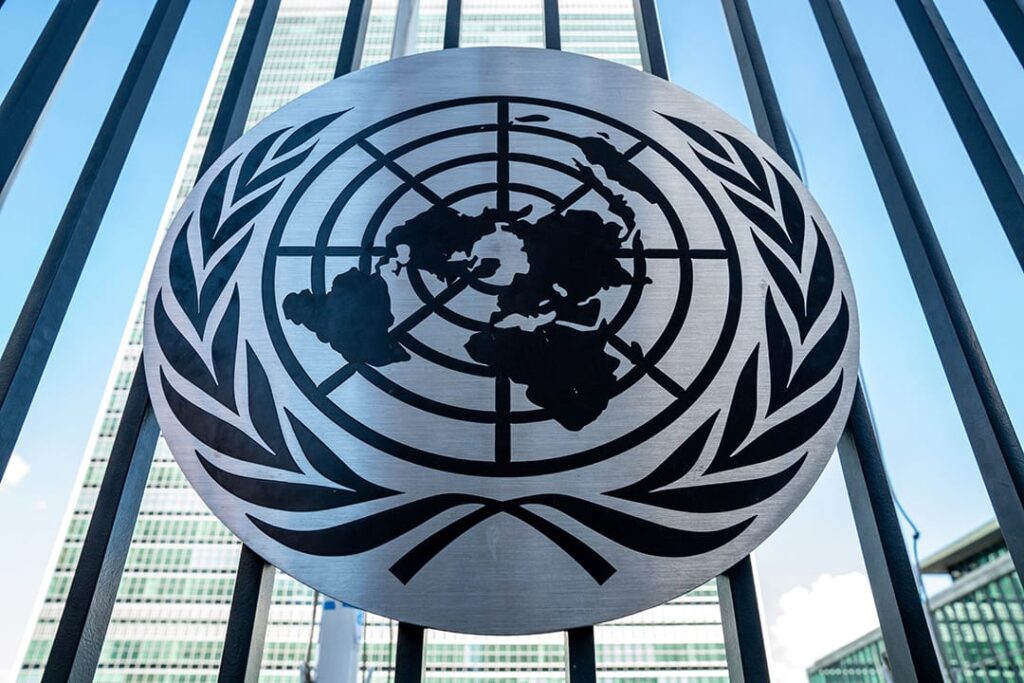The civil war in Libya, which began in 2011, has had profound impacts on migration and security in the Mediterranean region. The conflict, stemming from the Arab Spring, has led to the displacement of millions of Libyans and migrants, creating a hub for human trafficking and insecurity. The ongoing strife has also fueled the growth of extremist groups like ISIS and contributed to rising criminal activities. Despite efforts from the international community to seek peaceful resolutions, external interventions have only exacerbated the situation. In conclusion, the Libya civil war necessitates urgent action to address the humanitarian crisis and restore stability in the region.
The Libya Civil War
The civil war in Libya has had significant implications on migration and security in the Mediterranean region. The conflict began in 2011, following the Arab Spring, when anti-government protests led to the overthrow of dictator Muammar Gaddafi. Since then, various armed groups and factions have been vying for power, leading to a protracted and complex conflict.
Impact on Migration
One of the major consequences of the Libya civil war has been the displacement of millions of Libyans and migrants from other African countries. The unrest and insecurity in the country have made it a hub for human trafficking and smuggling operations. Migrants often face exploitation, abuse, and dangerous sea crossings in an attempt to reach Europe.
According to the International Organization for Migration (IOM), over 600,000 migrants are currently stranded in Libya, with many living in overcrowded detention centers with poor living conditions. The conflict has also led to a decrease in rescue operations in the Mediterranean, as humanitarian organizations struggle to operate in the volatile environment.
Security Concerns
The ongoing conflict in Libya has created significant security challenges for the Mediterranean region. The country has become a breeding ground for extremist groups, such as ISIS, who exploit the power vacuum to expand their influence. These groups pose a threat to both local populations and international security.
The proliferation of weapons and the absence of a central authority in Libya have also contributed to a rise in criminal activity, such as arms smuggling, drug trafficking, and piracy. The lack of effective governance and border control has made it difficult to combat these threats, leading to instability in the region.
International Response
The international community has been divided in its response to the Libya civil war. The United Nations and European Union have called for a peaceful resolution to the conflict through dialogue and negotiations. However, efforts to broker a ceasefire have been unsuccessful, as the warring factions remain deeply entrenched in their positions.
In addition, external actors, such as Russia, Turkey, and various Gulf states, have intervened in the conflict by providing military support to different factions. This further complicates the situation and prolongs the suffering of the Libyan people. The lack of consensus among major powers has hindered the prospects for a lasting peace in the country.
Conclusion
The Libya civil war has had far-reaching consequences for migration and security in the Mediterranean region. The displacement of millions of people, the rise of extremist groups, and the proliferation of weapons have created a volatile environment that threatens the stability of neighboring countries. The international community must redouble its efforts to find a peaceful solution to the conflict and address the humanitarian crisis in Libya.
